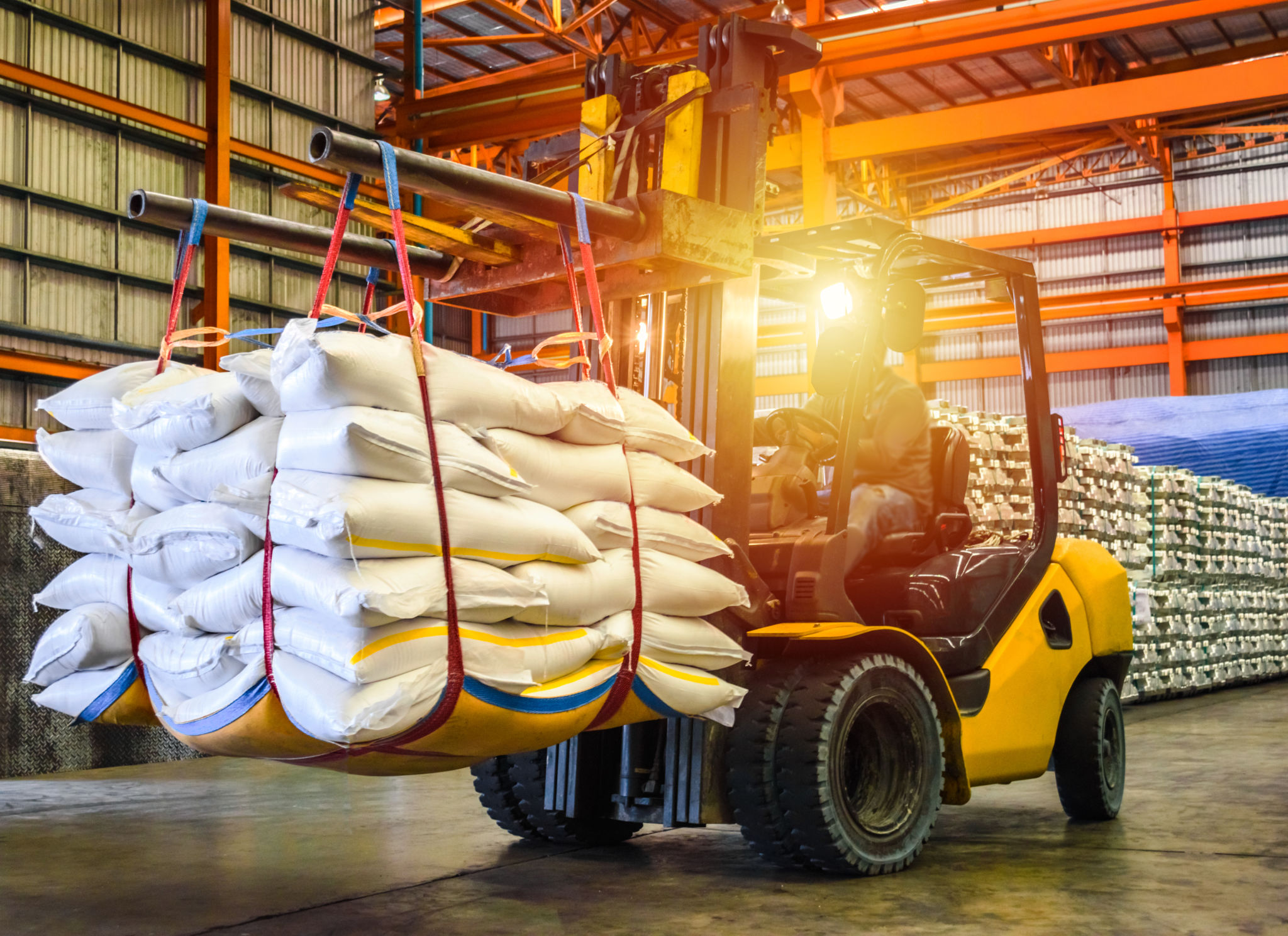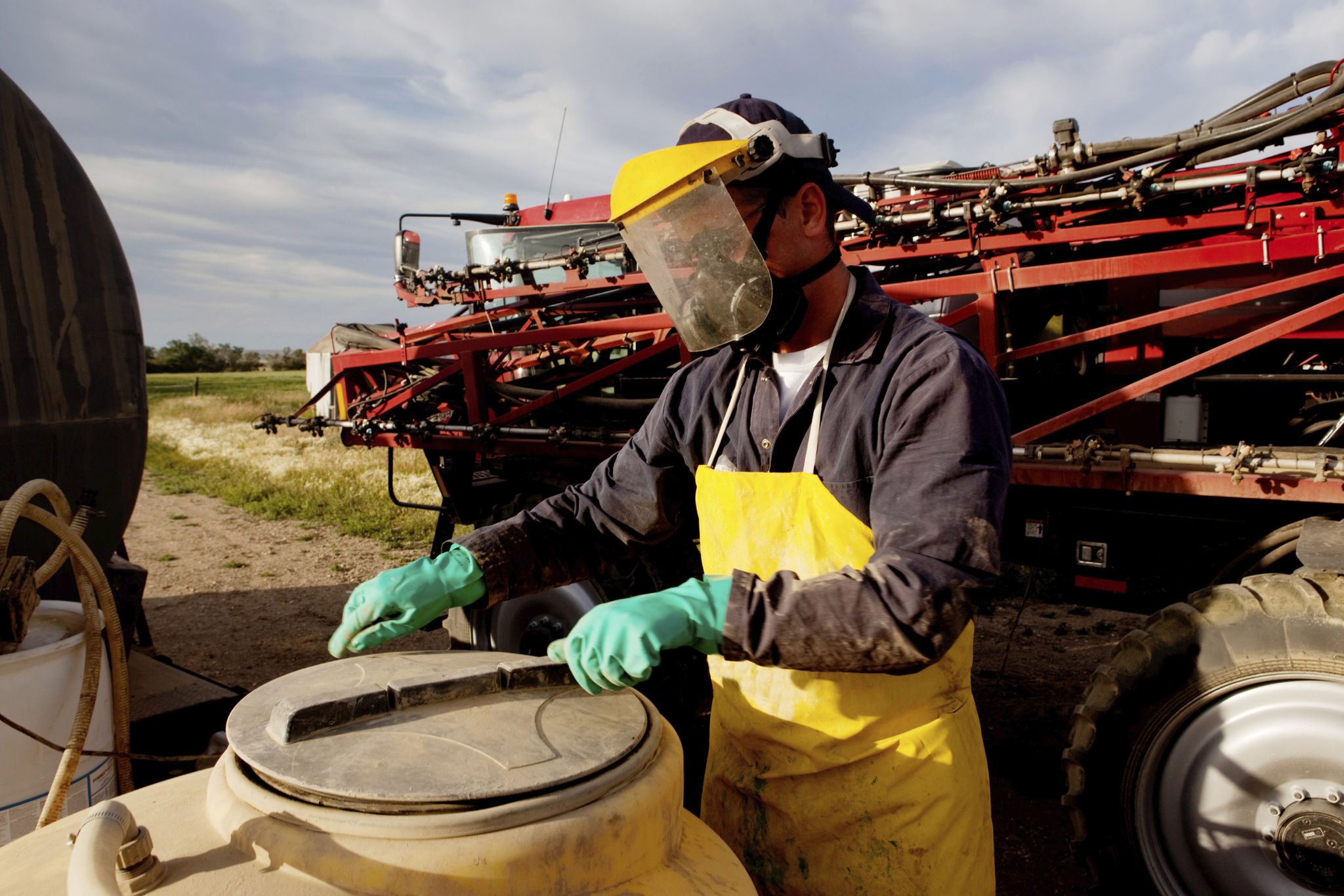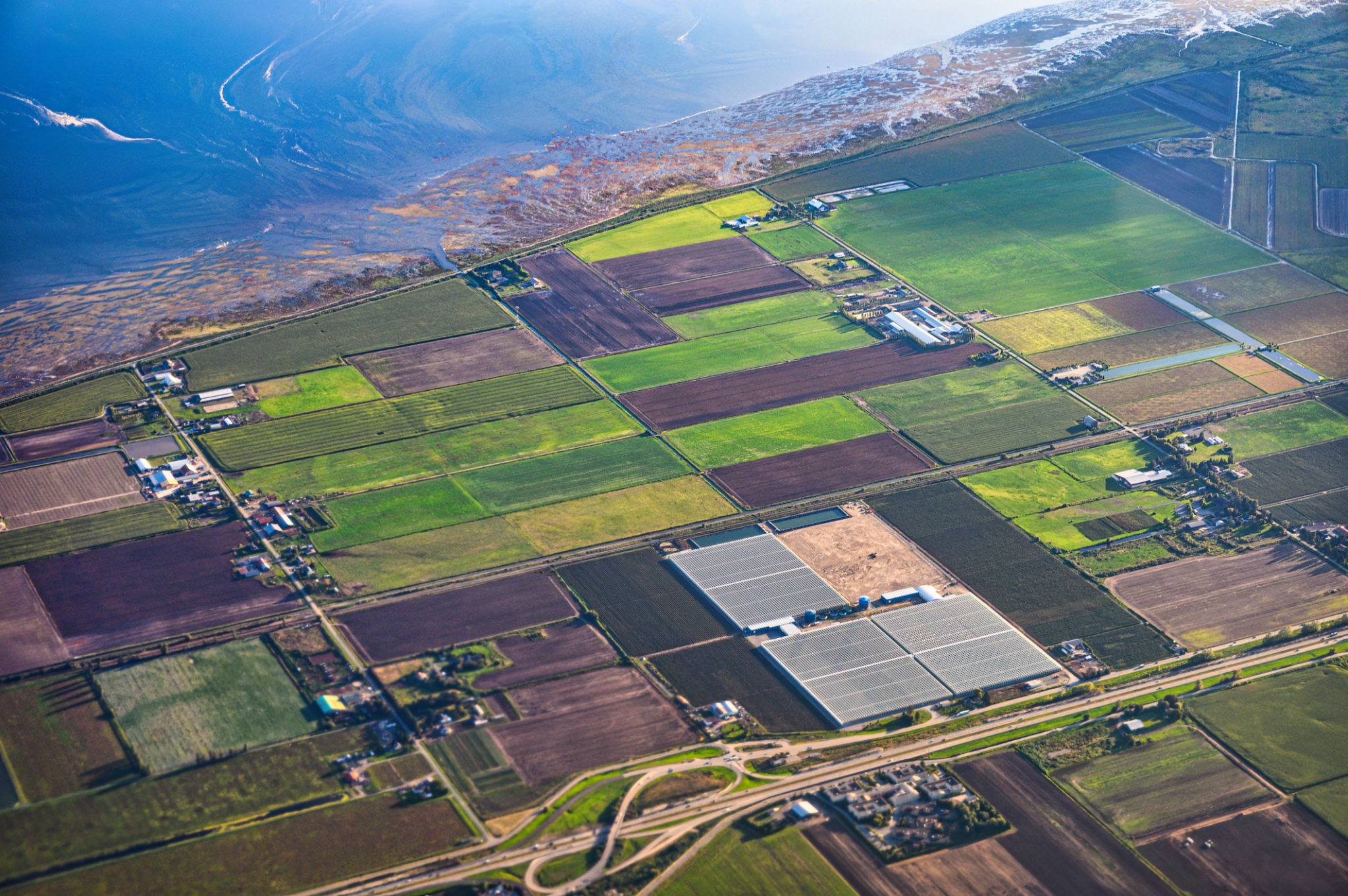Effective Use of Agricultural Chemicals in Lephalale: Best Practices and Tips
Introduction to Agricultural Chemicals
In the vibrant agricultural region of Lephalale, the effective use of agricultural chemicals is vital for sustainable farming. While these chemicals play a significant role in enhancing crop yield and managing pests, their usage requires careful consideration and adherence to best practices. Understanding how to use these substances responsibly can lead to healthier crops and a safer environment.

Understanding Types of Agricultural Chemicals
Agricultural chemicals include a variety of products such as fertilizers, herbicides, pesticides, and fungicides. Each type serves a specific purpose, and knowing their functions can help farmers make informed decisions. For instance, fertilizers are essential for providing nutrients to crops, while pesticides are crucial for controlling insect populations that may harm the plants.
Best Practices for Safe Application
To ensure the safe and effective use of agricultural chemicals, farmers should follow a set of best practices. Proper storage and handling are critical to prevent accidental spills and contamination. Chemicals should be stored in a secure location away from direct sunlight and moisture. Moreover, using personal protective equipment (PPE) during application can reduce health risks for farmers.

Timing and Dosage Considerations
The timing and dosage of chemical applications can significantly impact their effectiveness. Applying chemicals during the correct growth stage of crops ensures maximum benefits. Farmers should carefully read and follow the manufacturer's instructions regarding dosage to avoid overuse, which can lead to environmental degradation and increased costs.
Integrated Pest Management (IPM)
Embracing Integrated Pest Management (IPM) strategies can optimize the use of agricultural chemicals by combining them with other pest control methods. This holistic approach reduces reliance on chemicals and promotes natural pest control mechanisms. Techniques such as crop rotation, biological pest control, and regular monitoring are part of IPM.

Environmental Impact and Sustainability
The environmental impact of agricultural chemicals is a crucial consideration. Responsible usage ensures that water sources and soil health are protected. Implementing buffer zones around water bodies and using precision agriculture tools can minimize runoff and leaching, keeping the ecosystem balanced.
Training and Education for Farmers
Continuous education and training are essential for farmers to stay updated on the latest chemical usage guidelines. Workshops and seminars can provide valuable insights into new technologies and sustainable practices. In Lephalale, collaborating with agricultural extension services can enhance knowledge sharing among the farming community.

Community Involvement and Support
Finally, community involvement plays a vital role in promoting the effective use of agricultural chemicals. Local farmers' associations can facilitate discussions on challenges faced by farmers and advocate for policy changes that support sustainable practices. Sharing experiences and solutions within the community fosters a cooperative approach to agriculture.